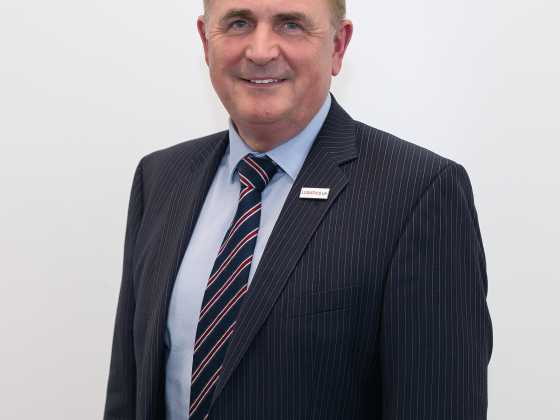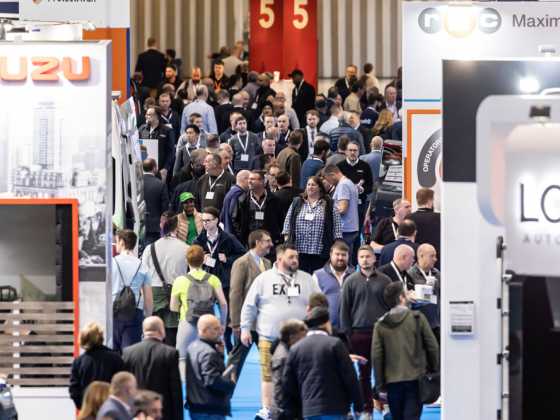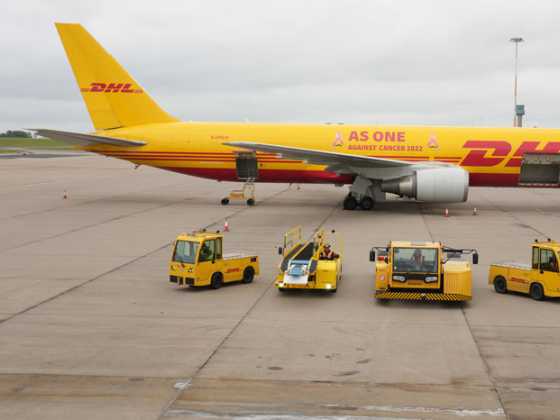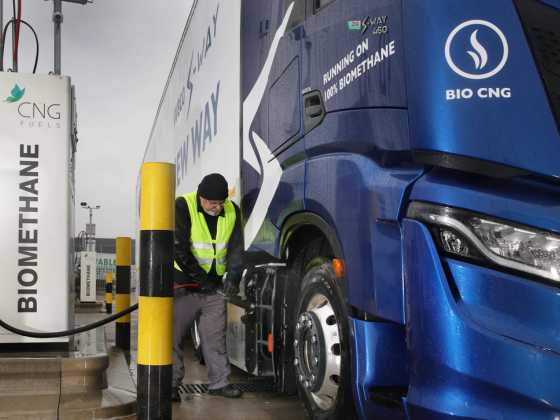A clean transformation
Trevor Nicoll, head of waste strategy at Newcastle-Under-Lyme Borough Council in Staffordshire, discusses the changes in the borough’s refuse collection fleet
 Three years ago, Newcastle-Under-Lyme Borough Council was one of 17 lowest scoring councils in the country in its use of resources, with one of the worst recycling records in the UK. It is now the most improved district council – the only one to have since risen to level three, according to the Audit Commission’s 2009 report.
Three years ago, Newcastle-Under-Lyme Borough Council was one of 17 lowest scoring councils in the country in its use of resources, with one of the worst recycling records in the UK. It is now the most improved district council – the only one to have since risen to level three, according to the Audit Commission’s 2009 report.
Trevor Nicoll, the Council’s head of waste strategy, was charged with overhauling the recycling programme and council’s fleet following a complete review of waste management operations. Clear strategies were put in place – to reduce emissions to meet the Carbon Reduction Commitment (CRC), improve service delivery for customers, ensure a high standard of health and safety, and achieve value for money over time.
Taking on the challenge
Previously the fleet consisted of a mix of short-term hire vehicles, using whatever was available at the time, which was proving inefficient. Moving from a weekly to a fortnightly collection for standard refuse – with alternate weeks for specific types of waste – Trevor had to commission a flexible fleet that allowed for different tonnage and accessibility in both rural and more built up collection areas.
The answer was to purchase a dedicated fleet of vehicles custom built to specifications that would ensure the crew had the best equipment. Demonstration vehicles were brought-in for drivers and collection staff to trial, offering valuable feedback.
In search of a single manufacturer that would deal with all aspects of production, Nicoll concluded that: “Heil Europe offered reassurance that they could meet requirements and demonstrated build quality, as well as being able to provide a high level of aftercare.” Upon awarding the company the contract, Heil Europe took on responsibility for managing the process and dealing with subcontractors to ensure the specification was met.
Going for green
For flexibility, a combination of 26, 24 and 15 ton vehicles were chosen and fitted with Euro 5 engines – the most environmentally friendly available in Europe. Purchasing the right size of vehicle to suit different types of access meant less mileage and in turn, less diesel consumption and lower emissions, reduced furthermore by changing from a five day week to four.
With longer hours spent in the vehicles over four days, quality and comfort were paramount in Nicoll’s consideration of the crew’s working conditions – Dennis Eagle Chassis were specified and drivers’ seats upgraded. On-board telematics from Terberg now show crews where to collect, as well as tracking the fleet, managing data and automatically overriding the system in the event of an overload.
For added safety, specialist supplier Vision Technique provided four surround cameras on each vehicle to enable crews to see what’s happening around them, helping them to avoid accidents.
Not overlooking the essential role of the community in successfully raising recycling levels, branding and raising awareness were given important consideration. In addition to local media and leaflet drops, all vehicles are the same colour, carrying similar, alterable messages, aided by an Agripa panel on the side.
With the fleet in operation, vehicles will be maintained in-house with all garage staff attending Heil training free of charge. The council is also continuing to work with Heil on a hydraulic pump system to reduce fuel load for even greater efficiency.
Looking at the long-term, Nicoll expects that: “By purchasing the nine vehicles outright rather than leasing, the council can save over £220,000 a year – warranties and guarantees will save additional money over two to three years and at the end of that period, there’ll still be a residual value for resale.”
The results are impressive. In the first week of operations, recycling exceeded 50 per cent – 300 tons of domestic waste, 90 tons of green waste, 100 tons of food and 120 tons of recyclables were collected.
Waste is treated locally where possible, helping to achieve further sustainability. For example, energy will be fed back into the local grid where it will be used to heat polytunnels, thus extending the growing season and providing fertiliser from liquid residue.
Attention to detail has certainly not gone to waste. With capable crews and bespoke vehicles living up to requirements, Trevor is clearly enthused by success to date. Indeed, if citizen response continues to rise, he may well be in need of a bigger fleet.
Article based on an interview with Wendy Burrows.
For more information
Web: www.newcastle-staffs.gov.uk






